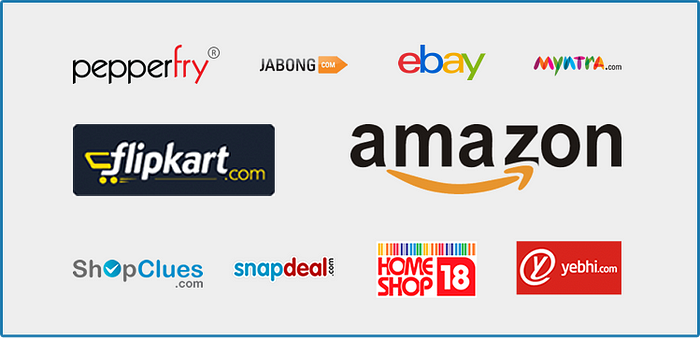E-TAILER
Contributor : Abdallah Faqieh
What is E-Tailer?
E-tailing has growing rapidly over the years. However, early e-tailing included overly ambitious plans for an entirely online shoppingexperience. Pets.com - an online retailer that failed spectacularly when the dot-com bubble burst in the early 2000s - stands as testament to the limitations of e-tailing in the early days of the Internet. Having customers shop for pet products online and wait for delivery proved to be impractical when those same customers could get what they needed at any local supermarket.
Electronic retailing is sale of goods and services through the internet.This kind of activity take care of sales B2B even B2C. With e-tailing, you need to adjust your business model to capture Internet sales, including building distribution channels such as warehouses, Internet web pages, and product distribution centers. Powerful distribution channels are important to e-retail as they are the means to move products to customers.
How Electronic Retailing (E-tailing) Works?
Electronic retailing involves a wide range of companies and industries. However, most e-tailing companies have similarities, such as attractive websites, online marketing strategies, efficient distribution of products and services, and customer data analysis.
There are many ways companies can make money online. Of course, the first source of income comes from the sale of our products to consumers and businesses. However, both B2C and B2B can earn revenue by selling their services via a subscription-based model such as Netflix, which charges a monthly fee for access to media content. . You can also make money through online advertising. For example, Facebook earns money from ads placed on its website by companies looking to sell to Facebook users.
Types of Electronic Retailing (E-tailing)
Business-To-Consumer (B2C) E-Tailing
Business-to-consumer retail is the most common of all e-commerce companies and most common of most Internet users. This group of retailers includes companies that sell finished products or products online to consumers directly from their website. Products can be shipped and delivered directly from the company warehouse or from the manufacturer. One of the main requirements of a successful B2C retailer is to maintain a good customer relationship.
Business-To-Business (B2B) E-Tailing
A business-to-business retailer involves companies that sell to other companies. Such retailers include consultants, software developers, freelancers, and wholesalers. Wholesalers collect and sell products from manufacturing plants to companies. These businesses, in turn, sell their products to consumers. In other words, B2B companies such as wholesalers may sell their products to B2C companies.


